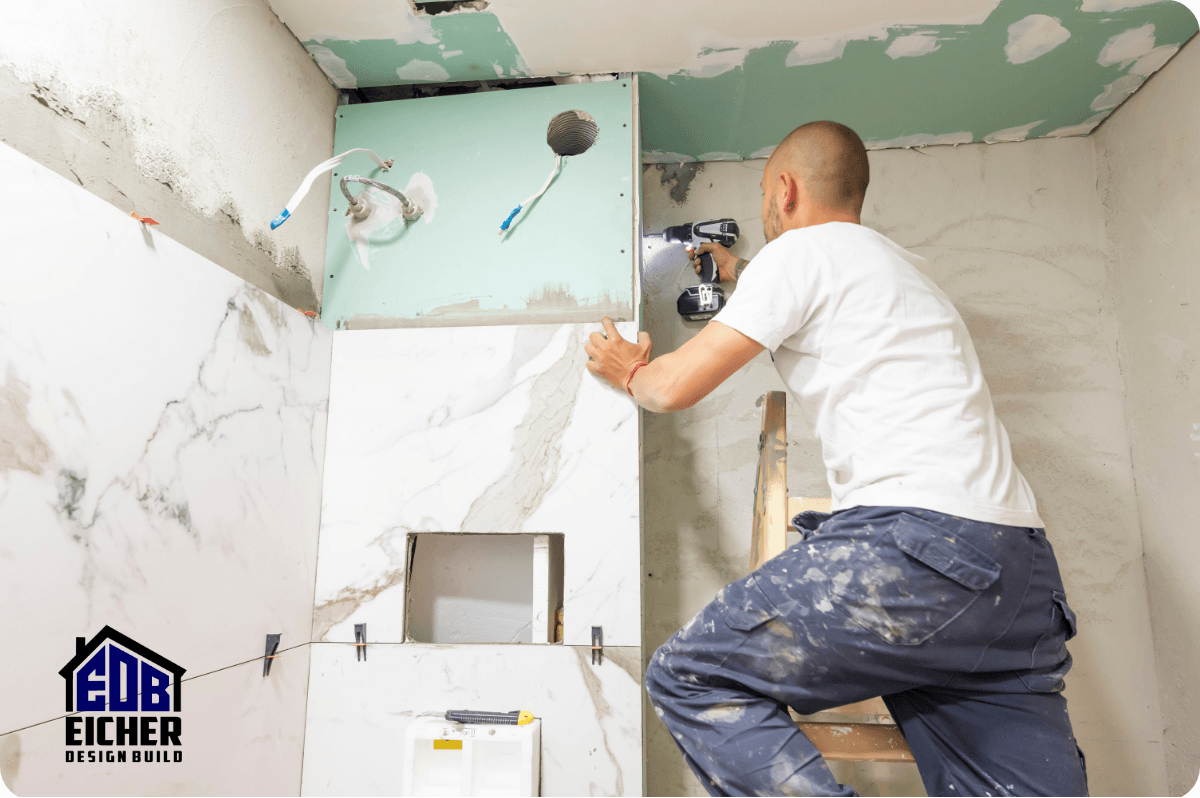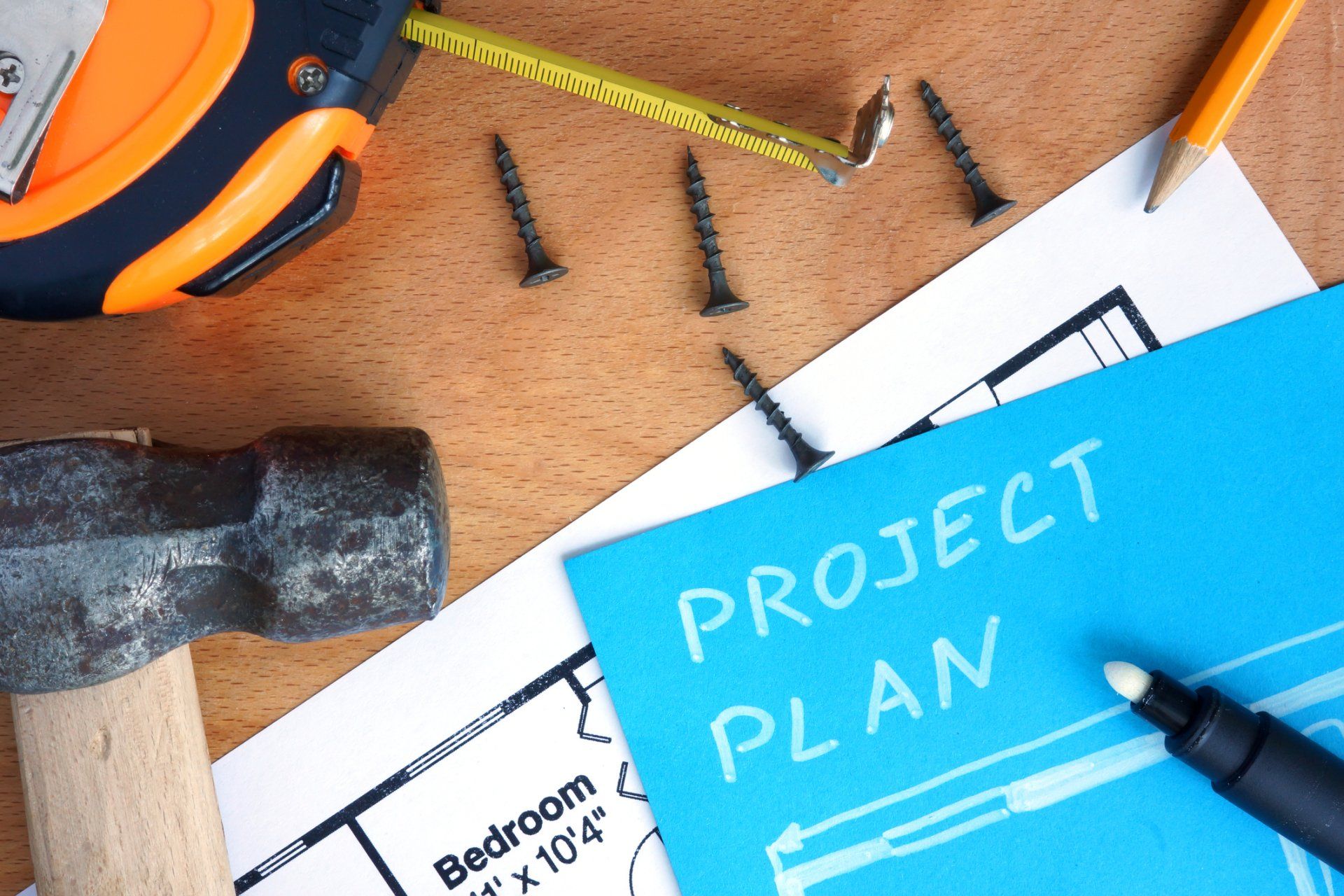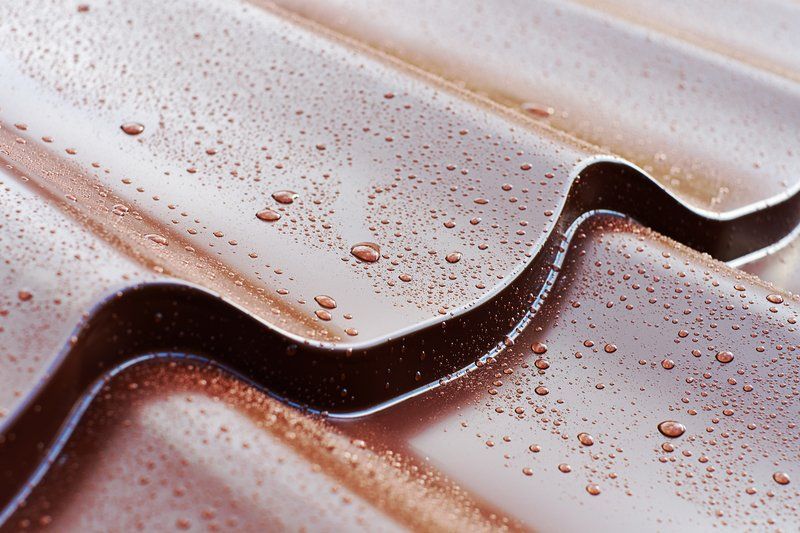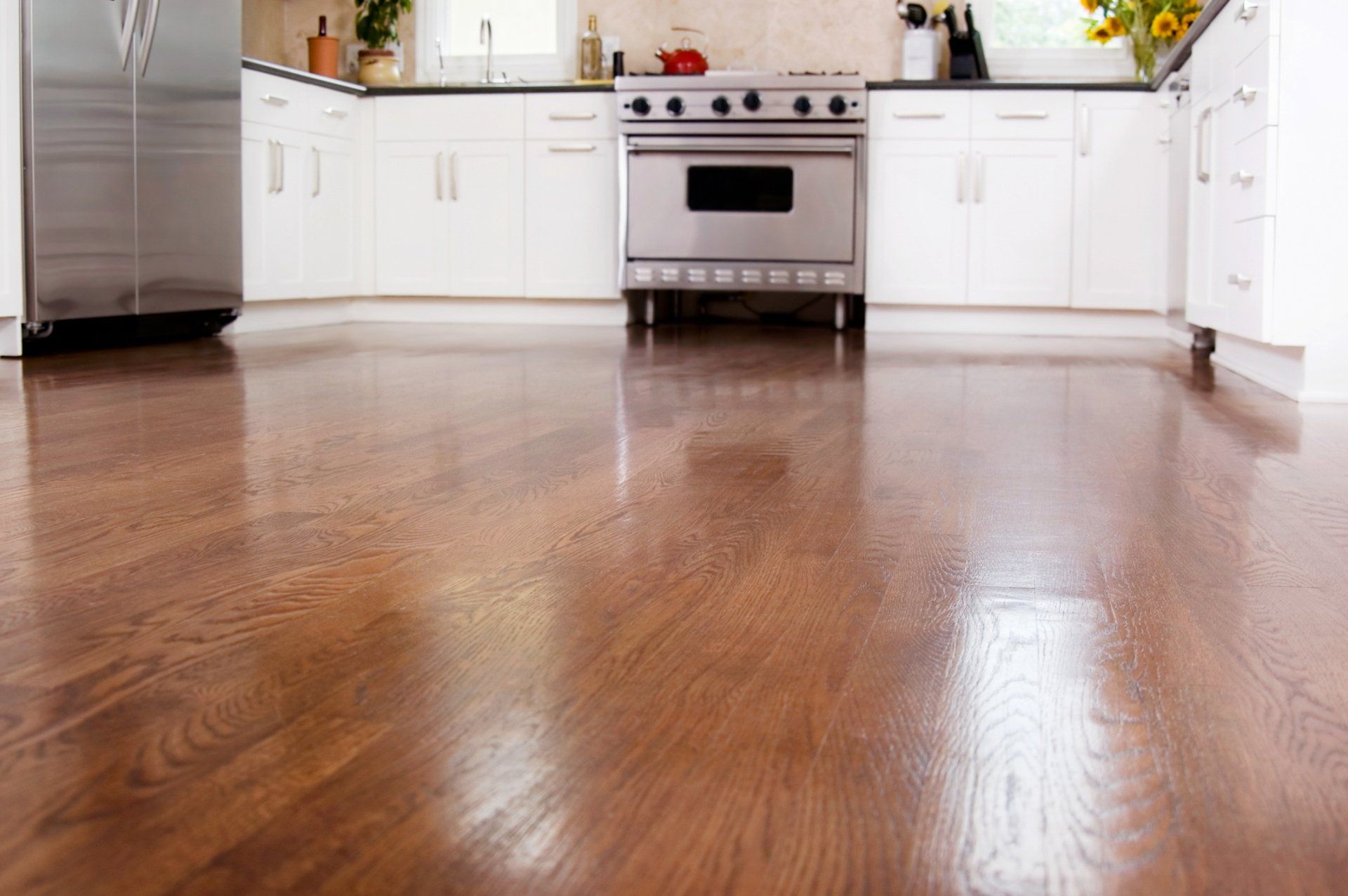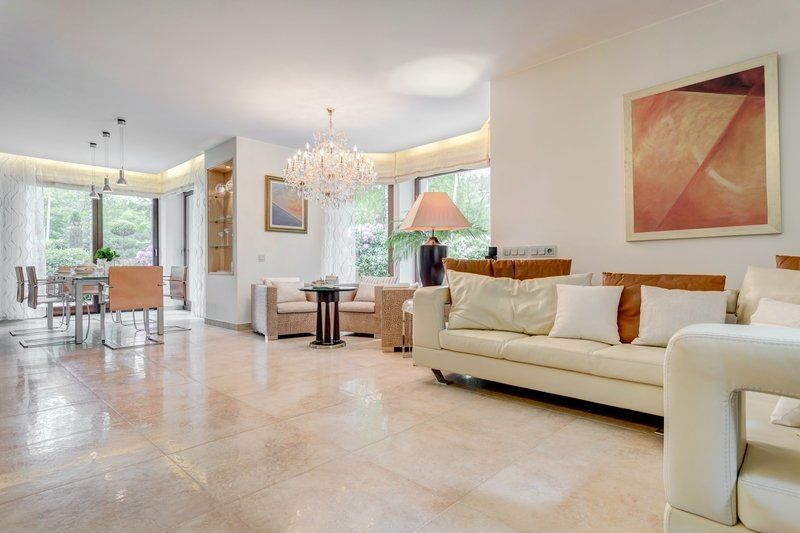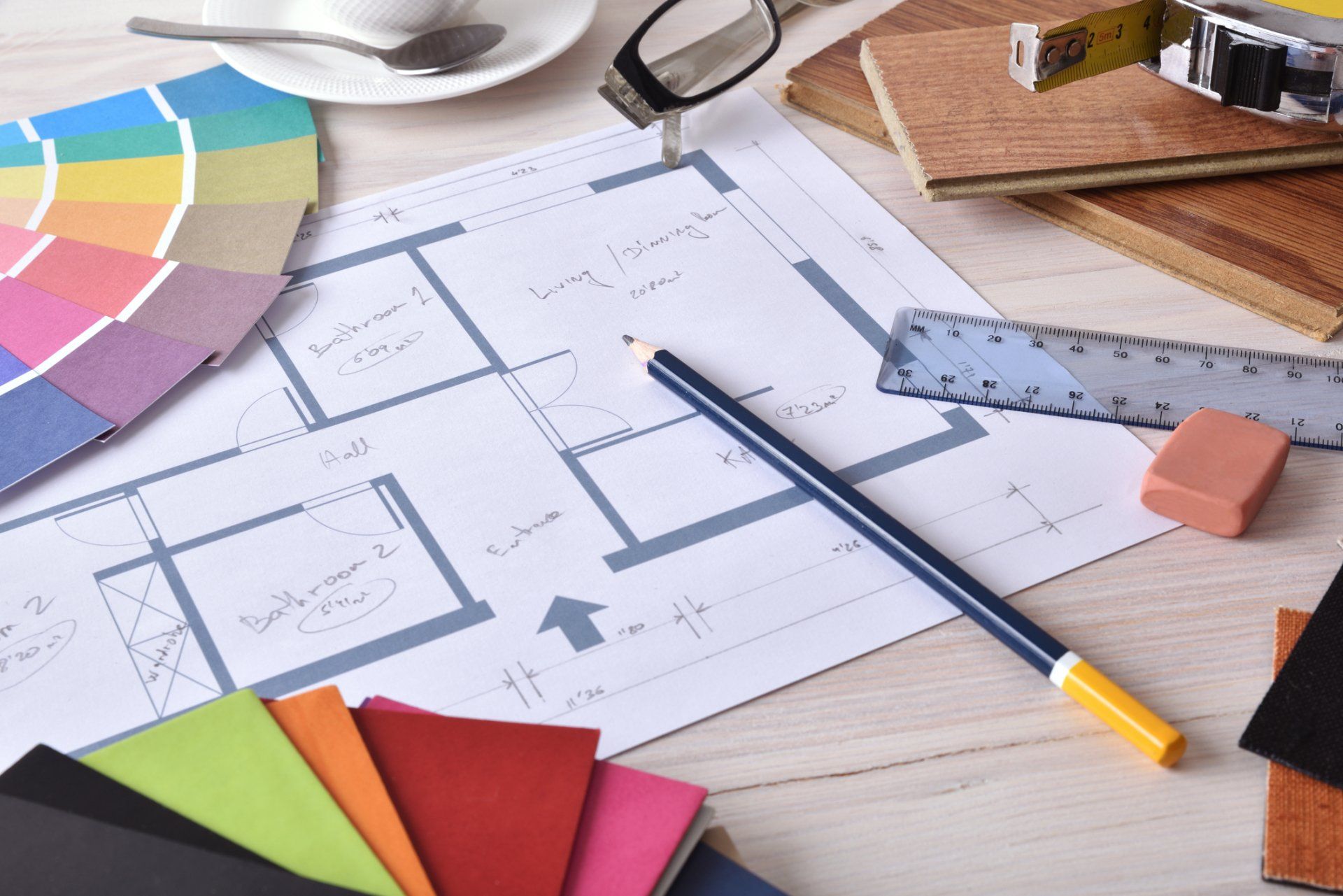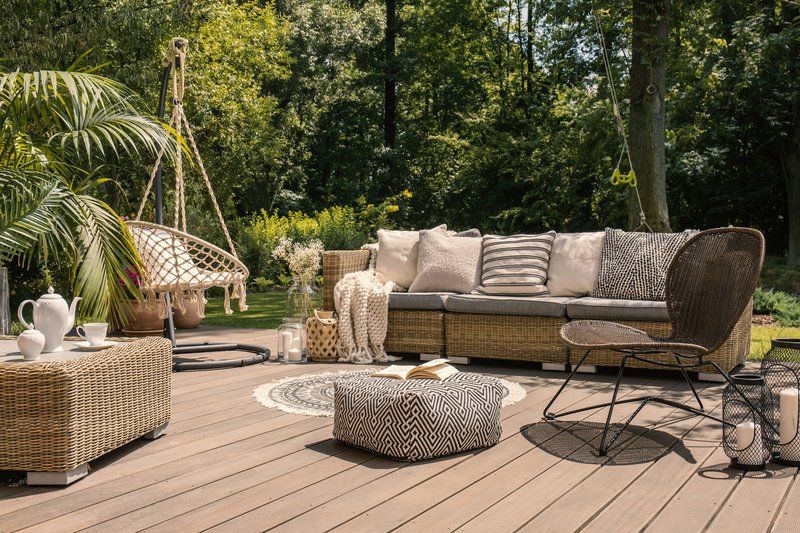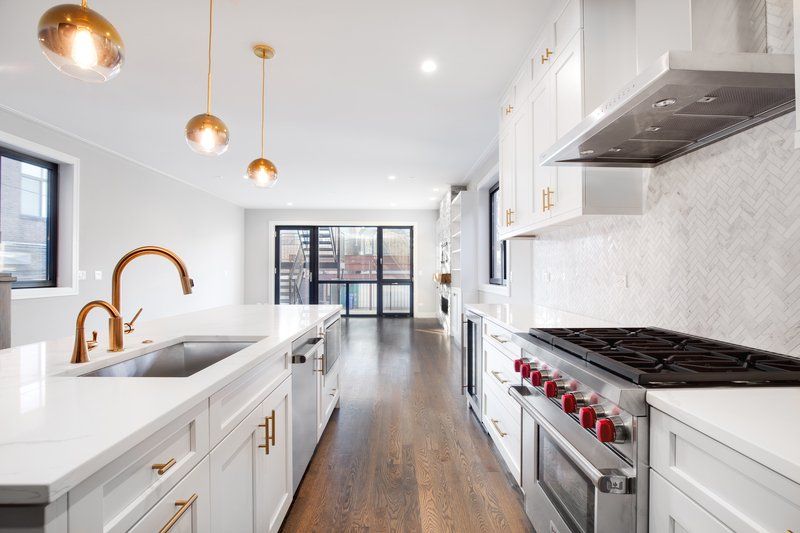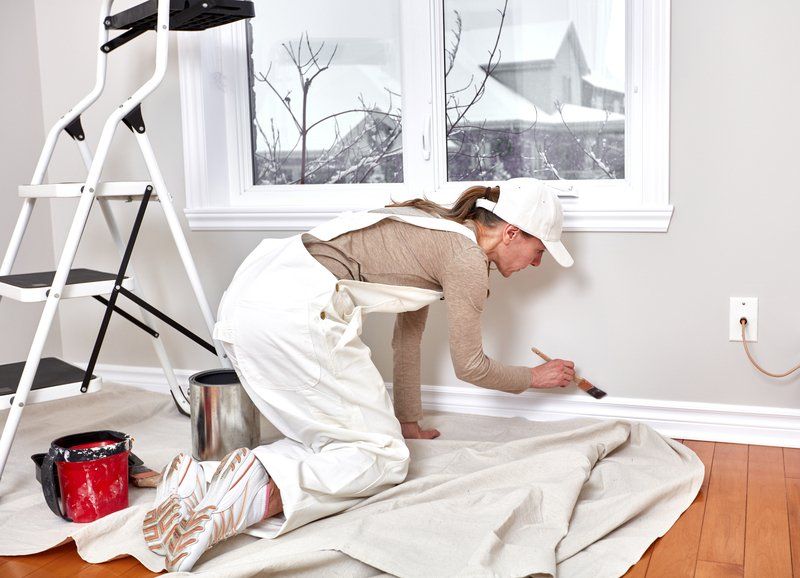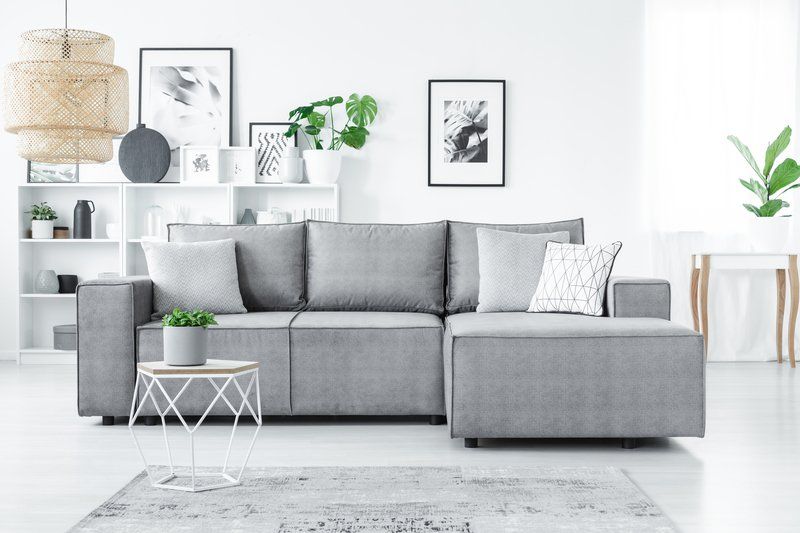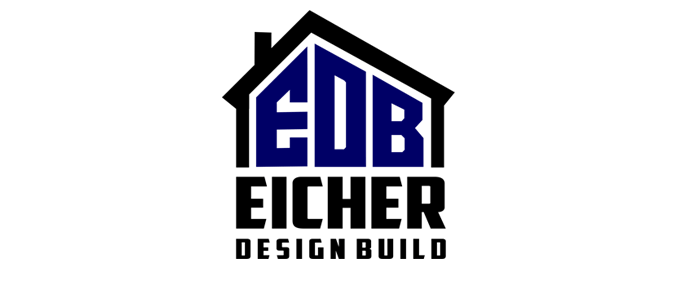BLOG
Eicher Design Build understands what home owners want and expect. Time and time again we exceed these expectations. We offer the expertise and experience to deliver.
CONTACT EICHER DESIGN BUILD, LLC FOR YOUR REMODELING & CONSTRUCTION NEEDS
How to Make Your Home More Efficient at Every Level
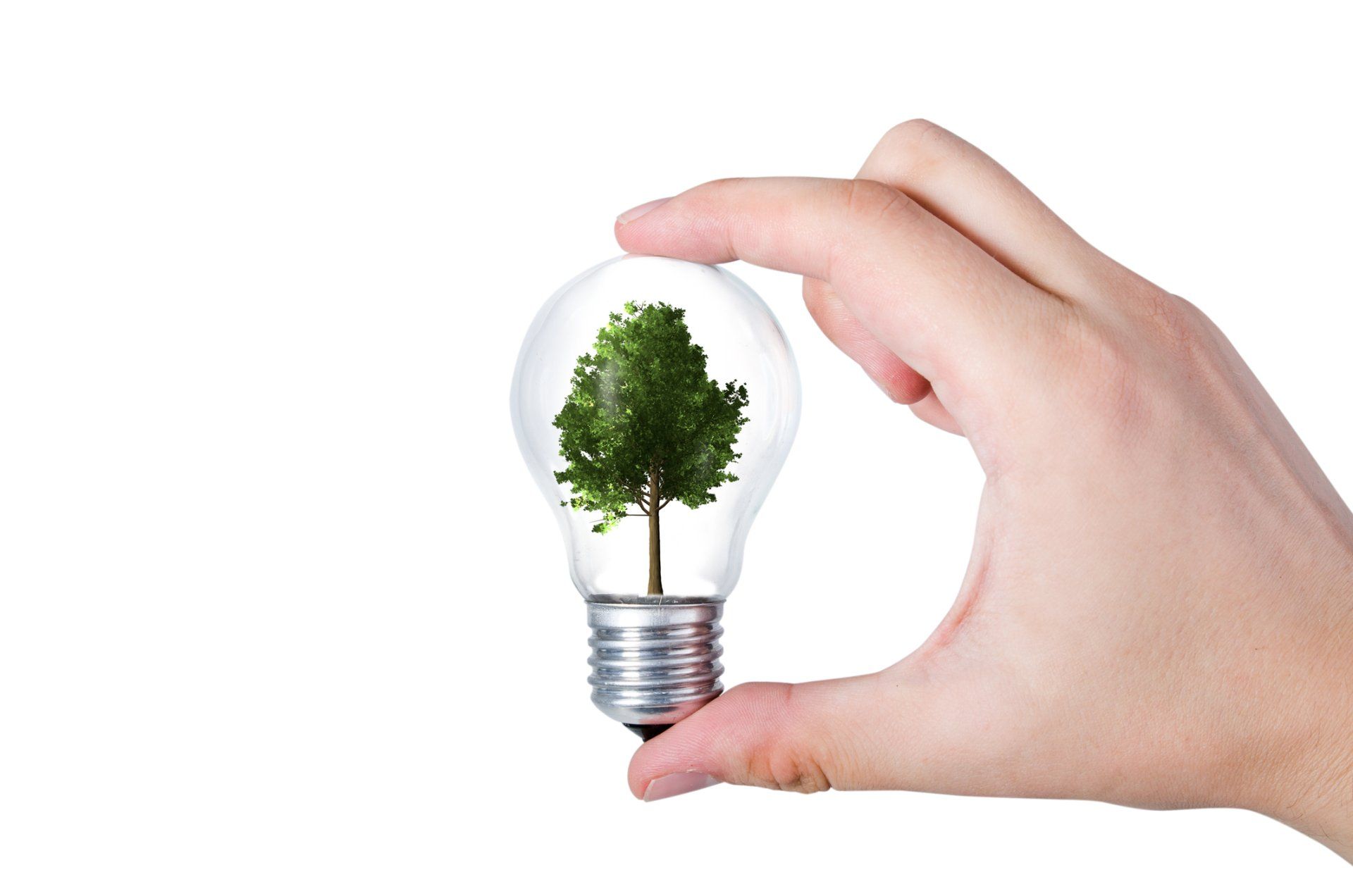
Energy efficiency means less electric usage and reduced emissions. This means that you can save money as well as help the environment. There are so many ways to make your home more efficient. Be sure to focus on any changes you make one step at a time.
Insulate it Well
Having poor insulation can cause leakage of air. This makes your heating and cooling inefficient and means that you lose money. 50-70% of a home’s energy usage goes to heating and cooling. Insulation can help to lower these costs. Insulation is a barrier that helps to keep warm air in during the winter, and hot air out during the summer. The type of insulation you get should be determined by where you live. If you live in a place that gets extreme temperature changes, like cold winters and hot summers, the type of insulation you get should be high quality. The most important area of your home to insulate is the attic. Insulation can also prevent moisture from coming into your home which prevents mold and rot.
Choose the Most Efficient HVAC System
If you have an old HVAC system or building a new home, you should look to install new and efficient HVAC systems. Inefficient heating and cooling systems can end up costing you more money. Newer systems are more efficient than in the past , meaning that there is less money lost and a more comfortable home. Newer, more efficient systems provide more even heating and constant temperatures. They have better humidity control, better airflow, and the equipment is more quiet. High efficiency systems also have less impact on the environment because they use less fuel. A new system can also increase the resale value of your home.
Use the Most Modern Appliances
The appliances in your home account for 30% of your energy bill each month. Using the most modern appliances can help to decrease the amount of energy your appliances use because they are more energy efficient. When looking at appliances, look for an energy star rating. This rating is given by the EPA and ensures that the appliances work just as well or better than any other option, but they use less energy to run. This is better for the environment and helps you to save money monthly on your energy bill.
Install Better Doors
The doors you have in your home can make your heating and cooling less efficient. Lower quality, or old doors can be leaky, which means your cool or warm air is not staying in your home. This makes your HVAC system run more often, costing you more money. Energy efficient doors prevent air leaks by providing a tight seal. Energy efficient entry doors save you money by keeping pressure off your heating and cooling systems. What the door is made of is what makes it energy efficient. Fiberglass doors are common, and they are one of the most durable and energy efficient. You can also add insulation to these which makes them even more effective.
Install Better Windows
Windows are another feature of your home that can be leaky and cause your home to be inefficient. The better choice for windows is energy efficient windows because they prevent hot and cold air from escaping your home. Energy efficient windows have multiple panes, use insulated glass, and have low emissivity. The technology used in energy efficient windows helps to prevent the major air leaks that can happen with single pane windows and help to keep your home at a more stable temperature. Moving from single pane to double pain can save you money but switching to energy star rated products offers the most benefit.
Energy Efficient Light Bulbs
Changing light bulbs to efficient ones is a simple change that can have a great impact on the efficiency of your home. Energy efficient light bulbs have great performance, and they use less power than other light bulbs. Energy efficient bulbs decrease your energy costs. The change of one bulb doesn’t make much of a difference, but when you think of how many light bulbs you have in your home, those small benefits multiply . Energy efficient bulbs have a longer lifespan than other lightbulbs, so you won’t have to change them as often. Energy efficient bulbs are also more stable, so they work well in variable temperatures and give off less heat as well. LED and CFL are the main types of energy efficient bulbs.
Install Solar Panels
Installing solar panels can help make your home more efficient. Solar panels reduce emissions and reduce energy costs because they generate electricity from the sun. Extra energy from your solar panels can also go back into the grid, which can earn you credits as well. Even with adding insulation, efficient appliances, better doors, better windows, and upgrading your HVAC system, your home will still use up quite a bit of energy. Your solar panels take the burden of that energy use and increase its efficiency. Solar panels are great for making your home efficient and saving you money in the long run. The initial costs are high to install solar, but your energy cost savings will make up for it .
Tankless Water Heater
Tankless water heaters are more energy efficient because they make the water hot instantly by using burners or electric coils. Standard tank models continuously heat water which makes them less energy efficient. Tankless water heaters have a longer lifespan which means that you won’t have to replace your water heater as often. Because these are so efficient, they can save you on energy costs and you don’t run out of hot water like you would with a standard water heater.
When trying to make your home more efficient, start small. Even replacing light bulbs, while a small change, can have a big impact. You may have to make other efficient upgrades one at a time, but any change you make is going to benefit you and your home in the long run.
Read this next: What You Need to Design Your Home Exterior

